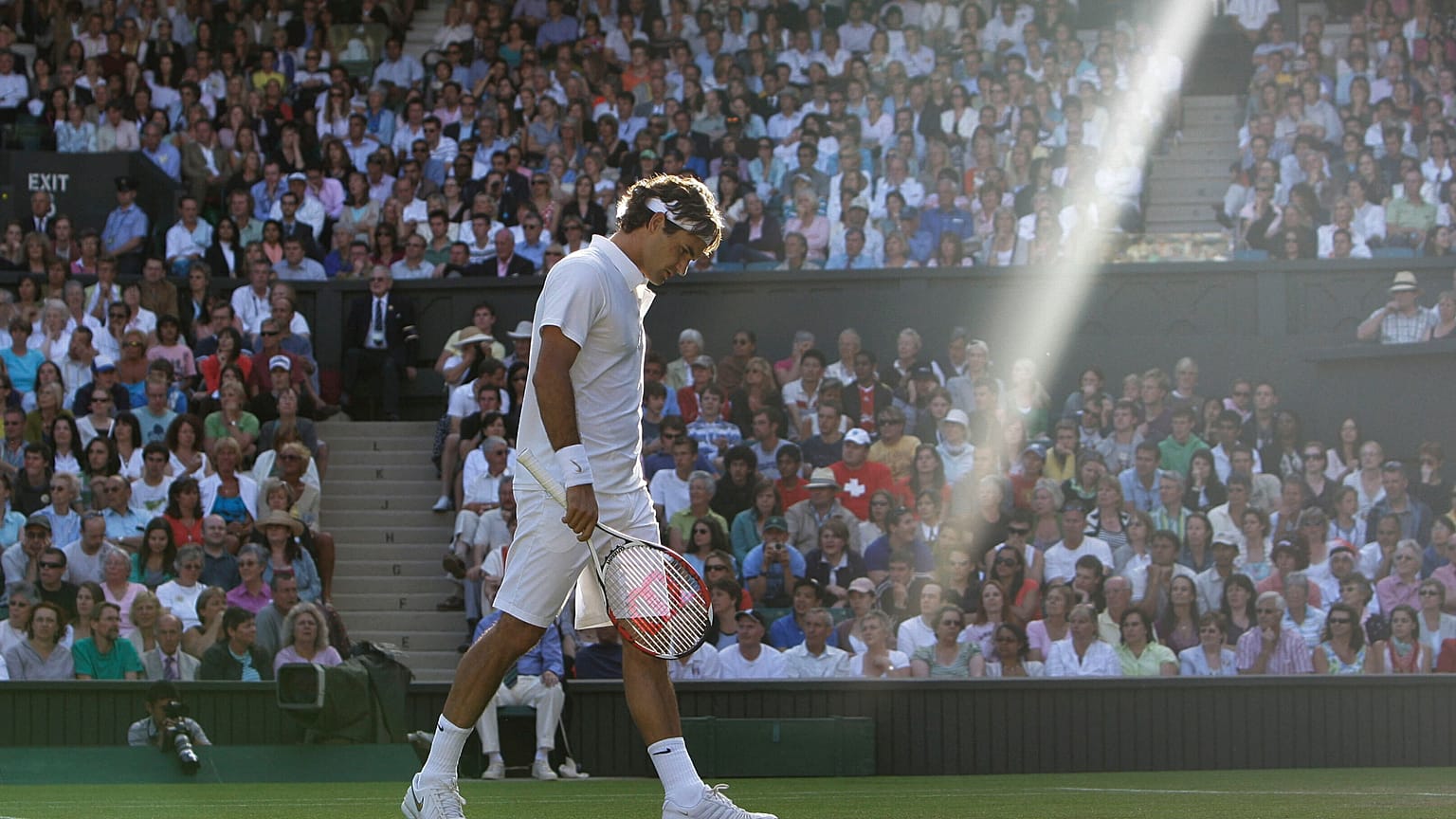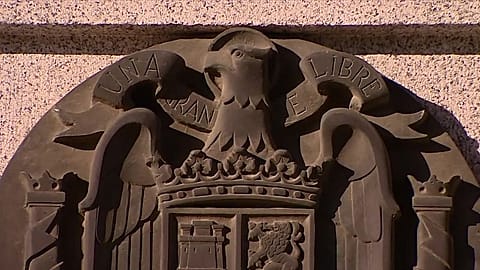Ticket touting has become increasingly sophisticated in recent years, according to the UK government. New measures, however, to restrict the illegal practice won't apply to Britain's most famously expensive tennis championship, Wimbledon.
The UK government has announced plans to make it illegal for tickets to concerts, theatre, comedy, sport and other live events to be resold for more than their original cost.
 ADVERTISEMENT
ADVERTISEMENT
 ADVERTISEMENT
ADVERTISEMENT
The measure aims to ensure music and sports fans will no longer be ripped off on the ticket resale market.
However, there is an exception to the rule: top-selling seats for Grand Slam tennis tournament Wimbledon.
UK government bans marked-up resale tickets for concerts and events
Ticket touting has become increasingly sophisticated in recent years, according to the UK government.
Touts buy large volumes of tickets online, often using automated bots, before relisting them on resale platforms at hugely inflated prices. This has caused misery for millions of fans and damaged the live events industry.
The new proposals aim to stamp out this practice. Ticket resale above face value will be illegal – this will be defined in legislation as the original ticket price plus unavoidable fees, including service charges.
Service fees charged by resale platforms will be capped to prevent the price limit from being undermined. Resale platforms will have a legal duty to monitor and enforce compliance with the price cap. Individuals will be banned from reselling more tickets than they were entitled to buy in the initial ticket sale.
“For too long, ticket touts have ripped off fans, using bots to snap up batches of tickets and resell them at sky-high prices. They’ve become a shadow industry on resale sites, acting without consequence,” said Culture Minister Lisa Nandy.
“This government is putting fans first. Our new proposals will shut down the touts’ racket and make world-class music, comedy, theatre and sport affordable for everyone.”
Prime Wimbledon seats exempt from ticket resale ban
One event, however, is exempt from the new ruling. The restrictions on resale will not apply to Wimbledon debenture holders, allowing them to sell their prime seats for tens of thousands of pounds.
Ministers say debenture schemes “operate very differently from one-off events tickets (they are financial instruments) and allow live events businesses to generate secure, upfront revenue that can be invested in bringing world-class sporting, music and other live events to the public”.
They guarantee the ticket holder a seat on either Centre Court or No. 1 Court for every day of the championship for five years, along with access to certain restaurants and bars.
The holder is allowed to resell at whatever price or mark-up they like or transfer it if they are unable to attend Wimbledon, allowing them to recoup some of the cost, which can be as high as £116,000.
The practice has seen seats for initial rounds of the tournament sell for £9,000 (€10,226) a ticket, and men’s finals reaching £40,000 (€45,000) a pair.
Wimbledon organisers, the All England Lawn Tennis and Croquet Club (AELTC), said that debentures provide crucial funds for the running of the championships and maintenance of facilities.
For example, they have helped finance the installation of retractable roofs on Centre Court and No. 1 Court.
AELTC added that debentures allow them to subsidise other tickets, such as £30 ground passes.
Along with debenture schemes, tickets resold by registered charities for fundraising purposes are also exempt.

















